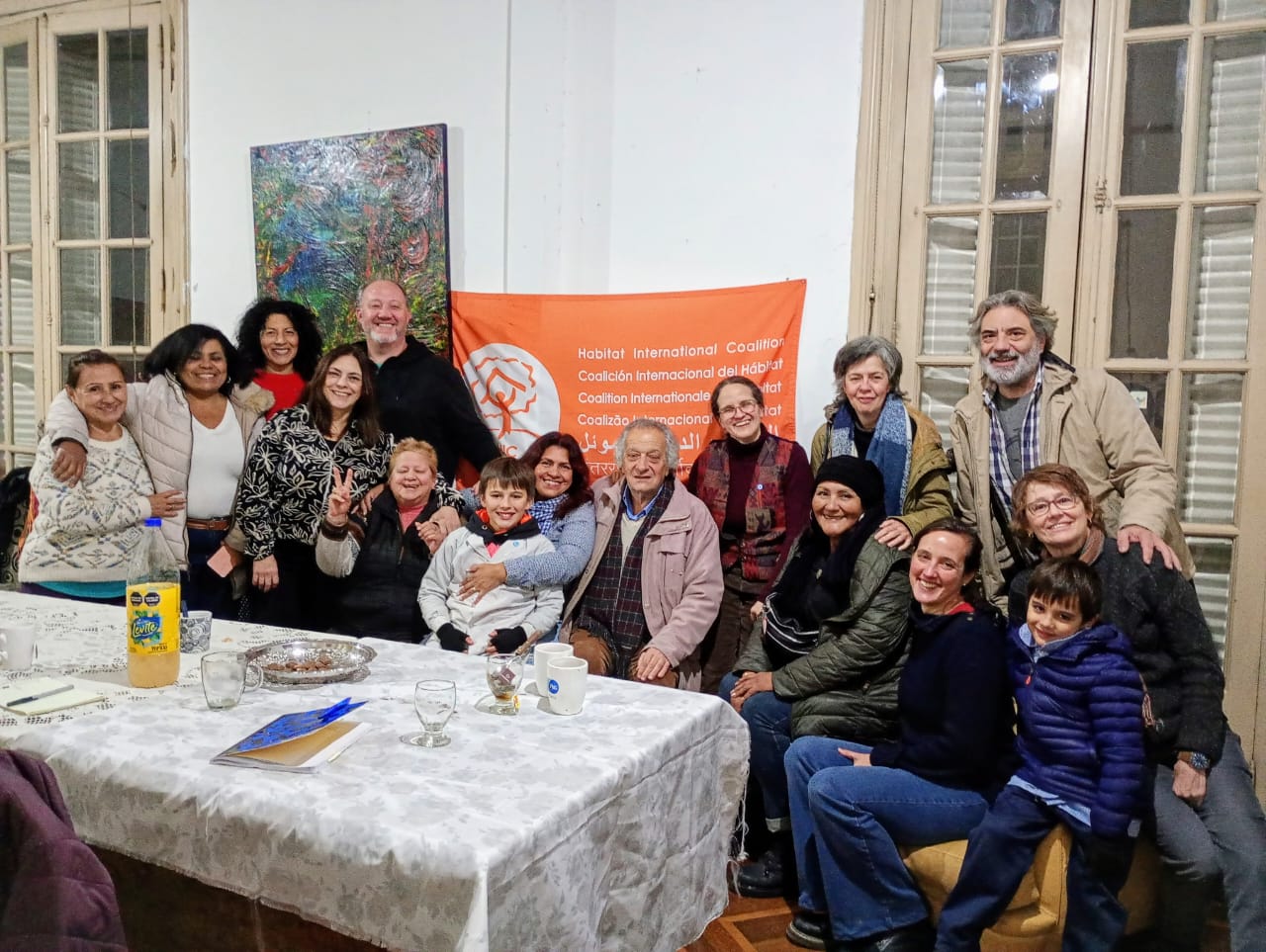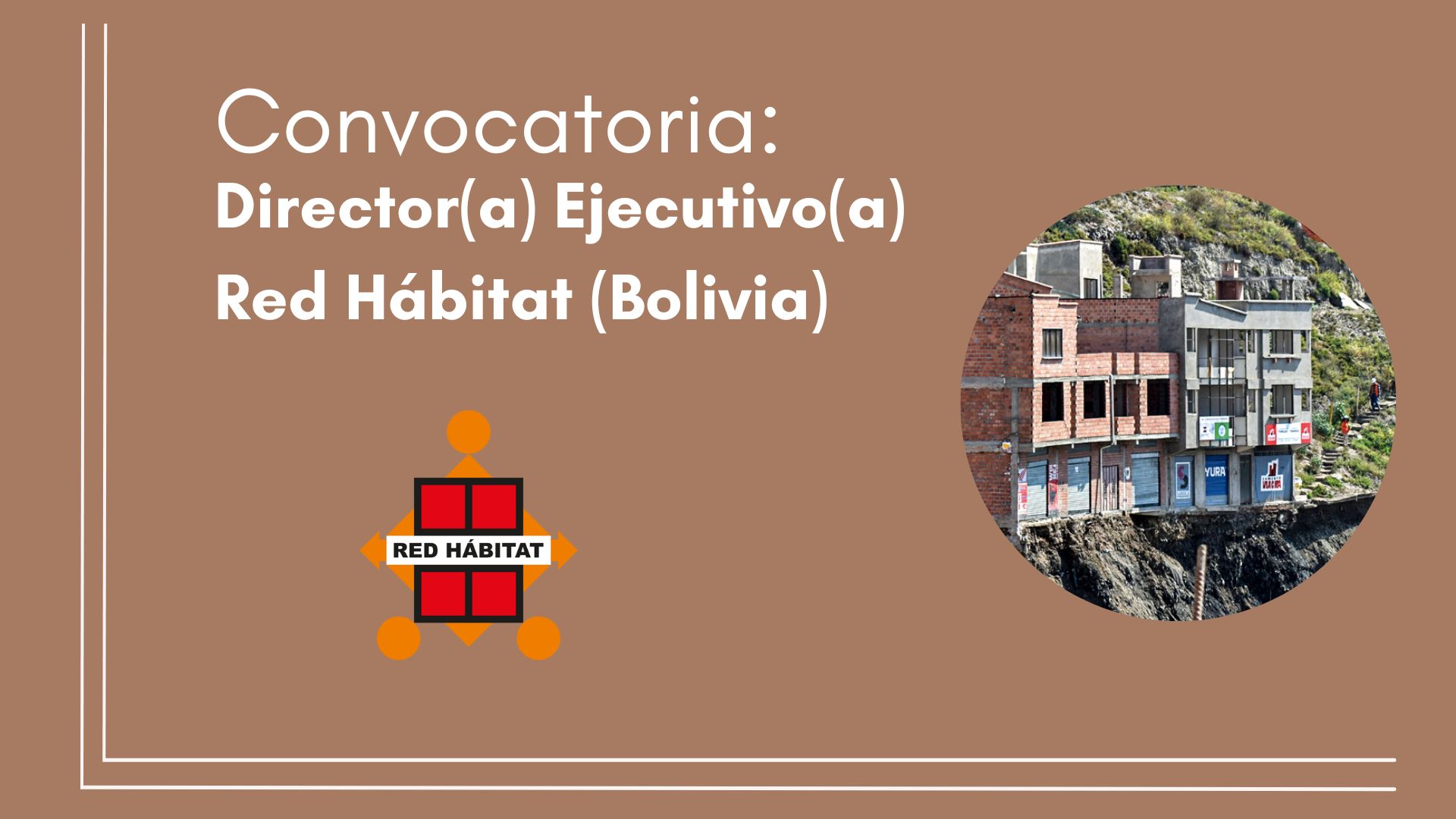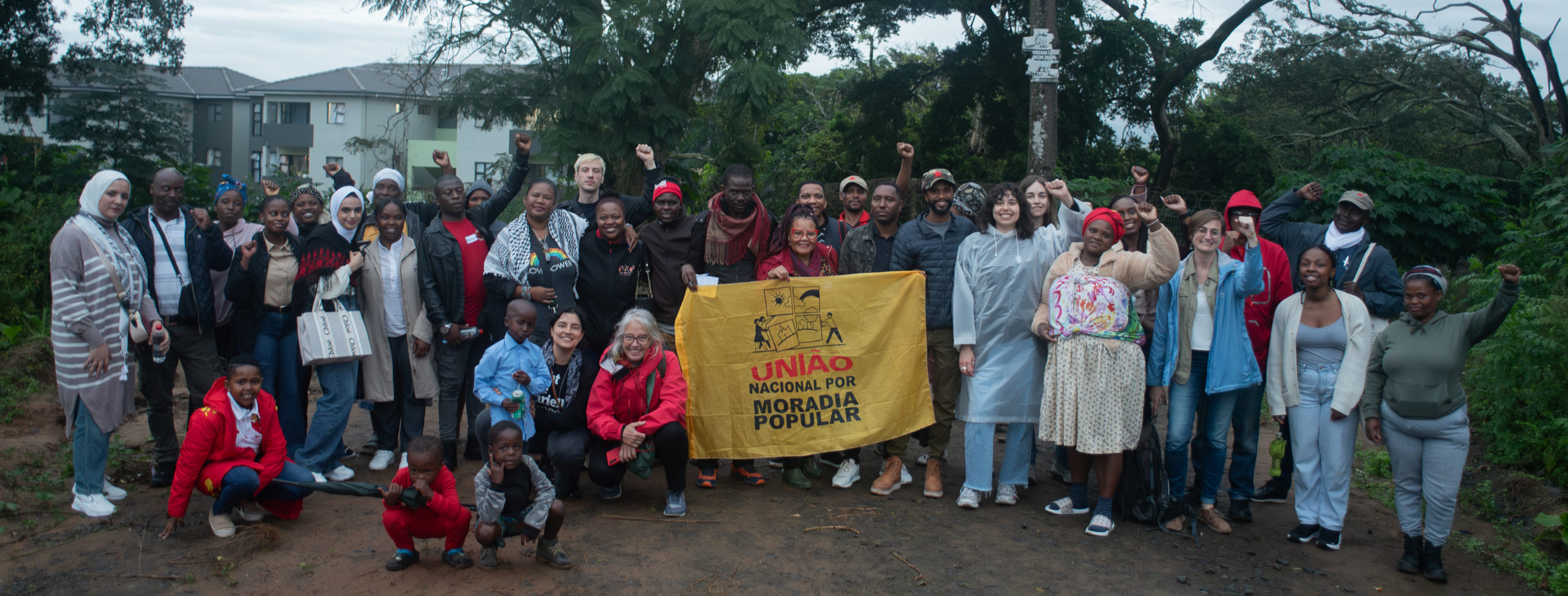2nd October 2023 held virtually
Background
The Habitat International Coalition’s Women and Habitat Africa Working Group (HIC-WHAWG) is a group of HIC Members and Friends across Africa committed to consolidating, developing, and mainstreaming the feminist approach in HIC Africa processes, projects and activities.
The WHAWG mission is to work collectively and individually with HIC Members and allies to tackle historic challenges facing women and girls in their habitat and ensure that they are able to enjoy their habitat-related human rights.
This Urban October, the Habitat International Coalition’s Women and Habitat Africa Working Group (HIC-WHAWG) focuses on women’s struggle for the right to the city, in line with HIC’s global campaign for fulfillment of the right to land as contributing to diverse and fair economies.
In her welcome remarks, the Convener of Women and Habitat Africa Working Group and Main Representative to the United Nations for WorldWIDE Network Nigeria Dr. Ify Ofong welcomed everyone and appreciated those joining the HIC WHAWG event for the very first time. She informed participants that the working group work collectively and individually to tackle historical challenges facing women and girls in their habitat. Some of the issues include women’s right to adequate housing, inheritance rights including food and equal access to use, ownership and control of land, natural and economic resources. All these in addition to our struggle for equal representation and participation of women in decision making spaces.
Dr. Ify reminded participants that every year the month of October is dedicated by the UN to organize a series of activities with partners to raise awareness, promote participation and generate more knowledge of the challenges and opportunities that are created by the fast rate of changes in our cities and towns. She then refreshes participants’ minds on the theme for this year’s World Habitat Day which is “Resilient urban economies. Cities as drivers of growth and recovery”.
For the working group, the theme must rest on the principles of justice and fairness so that women’s right to the city can be fulfilled among other issues ranging from adequate housing, mobility and sanitation as well as decent work addressing the most marginalized communities. In the light of these HIC WHAWG is saying that to have resilient urban economies and cities as drivers of growth and recovery, it is pertinent that all stakeholders including member states, international development and financing institutions urgently address women’s struggle for access and right to the city everywhere, and particularly in Africa.
She then introduced the event moderator Mr. Andrew Allimadi, Coordinator of Cooperative Issues, Division for Inclusive Social Development, DESA, United Nations, New York, who fully understands women’s struggle for access and rights to the city.
Mr. Andrew briefly stated that his experience working on cooperative issues is inclusivity and its openness empowers people who are at the center of everyday policy or people who are generally left behind in the society. Stating that cooperatives are something that everybody can join and participate in.
In her opening remarks, the alternate representative of HIC Africa on the Board Grace Mtonga stated that, the 2023 theme for the Urban October is “Cities as Drivers of Growth and Recovery” has been translated by Habitat International Coalition as a theme that anchors on the principles of justice, inclusiveness, and fairness so that the rights to the city in their multiplicities can be fulfilled. The other rights that consolidate the rights to the city include among others the right to housing, sanitation, mobility, and decent employment. HIC, being a global movement, recognizes the pivotal role of gender equality respecting all races and classes. National Governments are urged to develop policies and systems that support the right to the city mainly for the marginalized.
The aspect of urban development correlates with appreciation of social and spatial problems and attracting private capital as a precondition for urban infrastructure development and creation of an environment that supports multiple forms of self-built housing solutions and human settlements. The parallel increase of land privatization and land grabbing continues to hurt the poorest and most vulnerable populations across the world. Global statistics are sombe, as described by 2023 UNHCR Report and the Global Report on Internal and International conflict and war. The poorest sector of the urban population experiences internal displacement due to natural disasters, forced evictions to open the way for private developments, and dispossession due to rising indebtedness.
1st Speaker
Ms. Lorena Zarate Chair, Global Platform for the Right to the City. Canada, on a topic; Prioritizing Women’s Rights in the City for Growth and Recovery she briefly introduced Global Platform for the right to the city and partners. After which she highlighted the concept of right to the city which encompassed a variety of demands, including the right to affordable housing, access to public space, public transportation, and energy as well as participation in urban governance, and protection against displacement and gentrification. She also cited what cities should guarantee for women which include free from discrimination, political participation, free from violence, protection in conflict, right to housing, care work, public services, economic autonomy, urban agency, diversity of women and rural and urban linkages. Also connecting with ideas of the common and managing the common as well as world vision link to indigenous people. Read more
2nd Speaker
Mr. Tim Ndezi, Executive Director, Center for Community Initiatives, Tanzania on a topic; Governance and Leadership in the Cities: The Place of Women. He dwells on urban landscape and importance of women as well as women’s role in leadership in today’s world. He noted that cities are growing and home to more than half of the world population and in cities there are a lot of opportunities and diversities that effective governance and leadership is very critical. We know that inclusive cities recognize equal rights and the contributions of all the residents regardless of the agenda, but the majority of the people in the cities live in informal settlements of which women constitute a huge percentage. He further stated that women face challenges entering into leadership positions ranging from discrimination, stereotypes, limited access to resources which hinder them from advancing etc. He concluded that there is little hope with the introduction of cooperatives and also emphasized the role of NGOs in creating more awareness. For more details here
3rd Speaker
Maria Fornella- Oehninger Representative to the United Nations for Soroptimist International, & Former Chair of UN NGO Committee for Social Development, New York, who spoke on The Role of Women as drivers of growth and recovery in Urban Economies. She stated by re-echoing that cities are the new front in a struggle for gender equality, empowerment and rights. She expressed no doubt that urbanization drives growth and economy, pointing out the positive aspect of cities for knowledge and education, which does not necessarily have to be tertiary education but could be vocational skills and informal education that stimulate creativity. She stressed on the issue of non-take-up rights, which refers to the rights that people are entitled to and not taken. Read more here
4th Speaker
Ms. Diana Wambui Wachira Learning Officer, Habitat International Coalition, Nairobi, spoke on Women’s Access, Ownership and Rights to Housing. Land and Economic Systems in Cities. She gave a quick overview of Habitat International Coalition (HIC) after which a background for her presentation was established on how housing and land are accessed, used and controlled by women, that is central to determining how local economies are structured and the degree to which benefits are distributed. Noting that, realizing fair, sustainable and inclusive economies. requires creating just and equitable cities that prioritize and integrate the access, use and control of resources by all, particularly, women and girls. Read more here
5th Speaker
Ms. Lydia Stazen, the Chair of NGO Working Group to End Homelessness. She talked about women and their rights to adequate housing as well as their rights to the city. She noted that women and children experience homelessness and insecure housing in different ways which need to be addressed in partnership with each other. So, one of the working group advocacy priorities, is to address these issues particularly the vulnerability that women and girls face in terms of homelessness and inadequate housing.
Questions/Answers and Comments
Yolande Hendler, HIC General Secretary seeks to know if there are policies or guidelines specific for single women?
There was also a question on whether there is a possibility of gender inclusive urban architecture.
Closing remarks
Desmond Chieshe, the Africa regional coordinator in his closing remarks, appreciated all for an extremely stimulating day with many new insights into Women’s Struggle for Access and Right to the City.
Remembering participants that the World Habitat Day was established to focus global attention on sustainable urbanization and through our discussions today, I believe we made real progress contributing to UN-Habitat’s vision of a better quality of life for all in an urbanizing world.
He re-emphasis that it has been an excellent, compelling presentations from Ms. Lorena Zarate Chair, Global Platform for the Right to the City. Canada, Maria Fornella- Oehninger Representative to the United Nations for Soroptimist International, & Former Chair of UN NGO Committee for Social Development, New York., Mr. Tim Ndezi, Executive Director, Center for Community Initiatives, Tanzania and Ms. Diana Wambui Wachira Learning Officer, Habitat International Coalition, Nairobi as well as the Chair NGOs working group to end homelessness.
He thanked the moderator, Mr. Andrew Allimadi, Coordinator of Cooperative Issues, Division for Inclusive Social Development, DESA, United Nations, New York, Desmond stated that WHAWG consider him as a member of the working group, because each time he is called upon even at short notice, he is always there for us. To Ms. Francesca Lionetti of UN Habitat, thank you for honoring our invitation and we consider it special.
Desmond also appreciated HIC President Adriana Allen, HIC Africa Board representative Moussa Ka, and Mrs. Grace Mtonga as well as the General Secretary of HIC Yolande Hendler for finding time in their tight schedule to identify with the working group.
To the convener of Women and Habitat Africa Working Group Dr. Ify Ofong, he noted that words alone cannot appreciate her enough for what she is doing for the African region and thank her for the good work.
Finally, Mr. Desmond, thank all participants for celebrating World Habitat Day 2023 with the working group and showing the world the urgency of acting now to achieve women’s access and right to the city.


